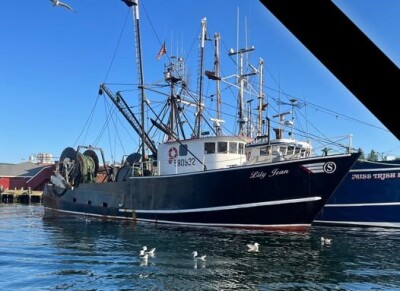Mustang Survival, a manufacturer of marine clothing and personal flotation devices (PFDs), has announced plans to reduce the environmental impact of per- and polyfluoroalkyl substances (PFAS) in its products. The company said it is committed to phasing out these chemicals, commonly used in textiles for their water, stain, and heat resistance properties, by 2030.
There are thousands of types of PFAS, often referred to as "forever chemicals," and they have been widely used since the 1940s in a variety of consumer products, including non-stick cookware, clothing, and personal care items. In the textile industry, they are particularly valued for enhancing fabric durability and performance, especially in marine safety gear like PFDs.
However, these chemicals have raised significant environmental and health concerns due to their persistence in the environment, their ability to bioaccumulate in living organisms, and potential links to various health issues, including developmental harm and certain cancers.
Burnaby, B.C.-based Mustang Survival, which designs safety gear for both land and sea, said it will first eliminate PFAS from its recreational lines, and by 2030, all of its products will be free of additive PFAS. The phased plan aims to balance immediate safety concerns with long-term environmental stewardship, the company said.
"In order to prioritize the safety of those entrusted with protecting us, certain products may unavoidably contain trace amounts of PFAS due to stringent safety requirements. Nevertheless, we are committed to collaborating closely with our supply chain and material partners to minimize and ultimately eliminate the presence of PFAS in all our products, irrespective of their nature," the company said in a statement. "We acknowledge that the immediate risk to individuals is of utmost importance and recognize the need to strike a balance between this acute concern and the potential long-term health implications."
As of June 2024, an item is considered PFAS-free if it contains less than 100 ppm, according to the AFIRM Group, an organization that promotes chemical management in the apparel and footwear industries. Until a validated testing method is widely available, AFIRM defines this threshold as indicating no intentional PFAS use. This limit will decrease to 50 ppm in 2027.







